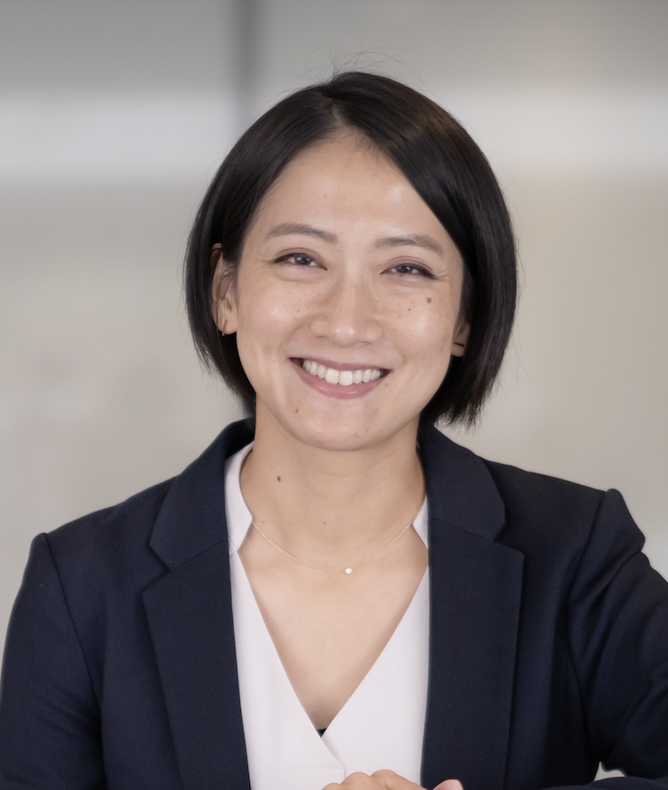Yuri Hosokawa PhD, ATC FACSM
Associate Professor, Faculty of Sport Sciences, Waseda University
Yuri Hosokawa is an Associate Professor at the Faculty of Sport Sciences, Waseda University, Japan. Her research interests include prevention and education of sudden death in sport, establishing best practices in road race medicine, developing regional-specific heat guidelines for exertional heat illness prevention, and developing heat acclimatization guidelines for tactical athletes. She is also partaking in research projects in biometeorology to promote interdisciplinary research across physiologists, climatologists, and public health researchers.
Dr. Hosokawa served as a member of the International Olympic Committee Adverse Weather Impact Expert Working Group for the Olympic Games Tokyo 2020 and led the effort to implement best practices for prehospital care of exertional heat stroke in Japan. She established and coordinated prehospital exertional heat stroke management plans for seventeen disciplines during the Olympics and five disciplines during the Paralympics that were deemed high risk for exertional heat stroke. Tokyo Games marked Japan’s first mass-sporting event to implement evidence-based exertional heat stroke prehospital care. Hosokawa’s effort set the standard for future athlete medical service and showcased the expertise of athletic trainers in Japan.
Dr. Hosokawa currently serves as a heat advisor for the Japan Coast Guard, Fifth Regional Coast Guard, to optimize the resilience of the special rescue team. She is also a member of the Expert and Advisory Board of the World Athletics’ World Academy for Endurance.
Dr. Hosokawa received her bachelor’s degree in Sport Sciences from Waseda University in 2011, her master’s degree in Athletic Training from the University of Arkansas in 2013, and her doctoral degree from the University of Connecticut in 2016. She then completed a postdoctoral fellowship at the Korey Stringer Institute (2016–2017) and worked at the Ritsumeikan University as an Assistant Professor in the College of Health and Sport Science (2018–2019).

